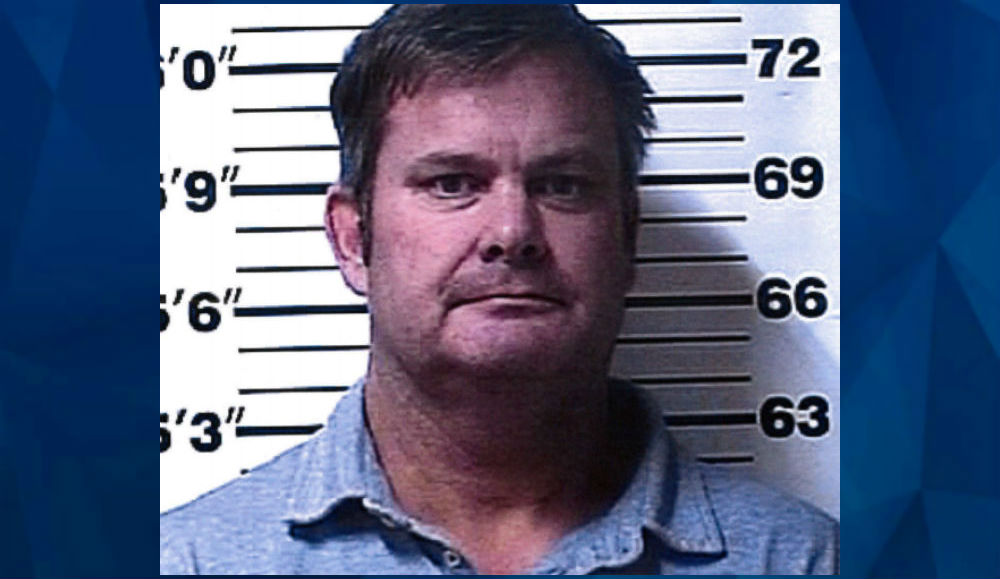The judge overseeing the murder trial of Chad Daybell has denied motion to take the death penalty off the table and issued an order releasing the body of Tylee Ryan to her family.
Daybell is charged with conspiracy to murder and murder in the deaths of 16-year-old Ryan, her 7-year-old half-brother JJ Vallow, and his first wife, Tammy Daybell. His wife, Lori Vallow Daybell, has already been convicted on the same charges and sentenced to three consecutive life terms without parole. She has since been extradited to Arizona to face trial for conspiracy in the deaths of her fourth husband and an attempt on the life of her niece’s ex-husband.
JJ’s body was released to his grandparents in October, as CrimeOnline reported. The children’s bodies were found on Chad Daybell’s property in June 2020, months after they disappeared and the “cult couple” absconded to Hawaii while refusing to answer questions about their location.
Lori Vallow Daybell was arrested in Hawaii and extradited to Idaho, while her husband was arrested after the children’s bodies were found. Initially due to stand trial together, Judge Steven Boyce eventually severed the case when Daybell waived his right to a speedy trial while Vallow Daybell pointedly did not, even as she was twice committed to a mental health facility after doctors determined she was incompetent to stand trial.
121923 Memorandum Decision Order on Motions by kc wildmoon on Scribd
Boyce also removed the death penalty as a consideration for her just before the trial began earlier this year, saying that the rapidly approaching trial date did not give the defense enough time to go over to copious amounts of documentation that a death penalty trial requires and that the prosecution was providing discovery too late.
Daybell’s attorneys filed motions last month asking Boyce to do the same for their client, saying that it wasn’t fair for him to face the death penalty while she did not.
In his ruling denying the motion, Boyce first noted that although Daybell and Vallow Daybell were initially to be tried together, “they have been litagted separately from the outset of the filing of the INDICTMENT” and that it was Daybell who asked the court to several the trials.
Daybell, Boyce wrote, “”was provided his requested remedy of additional time to review the voluminous discovery disclosure, and to test potentially exculpatory DNA evidence, prior to trial. Further, he said, the Vallow Daybell ruling eliminating the death penalty was “sanctions-based” and could not carry over to Daybell’s case.
Because of that, the judge said, “it is only up a jury’s determination that aggravating circumstances exist to outweigh any mitigated factors, during a bifurcated sentencing phase of a capital case, that the death penalty thereafter be imposed.” Therefore, he said, a judge cannot make that determination, especially before a trial even begins.
Boyce denied a second motion largely because Daybell did not join Vallow Daybell’s motion to drop the death penalty, although he could have done so.
The judge further denied that Daybell is being “punished” because he waived his right to a speedy trial, noting Daybell’s repeated requests for “individualized consideration,” which ultimately resulted in the two trials being severed.
“The ability of the state to seek capital punishment in Daybell’s upcoming trial was a foreseeable result when the cases were severed,” he wrote.
“In sum, the Court declines to speculate about what evidence will or will not establish at trial to make a determination about Daybell’s relative cupability to that of his alleged co-conspirators. Neither will the Court invade the province of the jury to determine the facts of this case or stand inviolate of Idaho’s capital punishment statutes.”
For the latest true crime and justice news, subscribe to the ‘Crime Stories with Nancy Grace’ podcast.



